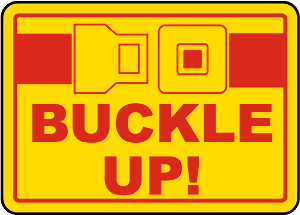When adjusted for wage inflation, the ANZ figures equal a drop of about 27% in real terms – a full unwind of the 2020-21 bump in real house prices.
The bank says while pinpointing the eventual floor in the market is fraught with uncertainty, it is abundantly clear house prices will continue to fall given the state of the economy.
ANZ analysts say the falling property values can be traced back to the high price of consumer goods driving up domestic inflation.
To stomp on domestic inflation, the ANZ is expecting two consecutive Reserve Bank 75 basis point hikes to take the OCR to 5% by February.
This means higher mortgage rates will lift at a faster pace than previously thought, and to a slightly higher level. That’s expected to weigh on house prices.
Chief economist Sharon Zollner says while some of the housing anecdote has improved over the past few months, ANZ suspects there is probably a seasonal element there.
“Recent housing data has come in a touch weaker than expected. Green shoots, if there ever really were any developing, seem to have shrivelled up.”
She says there are a few key economic variables where forecast accuracy tends to be a bit of a lottery.
House prices are one of these variables, and not entirely coincidentally, net migration (which has a positive correlation with house prices) is another.
Zollner says some risks the bank is keeping in mind:
- Price declines could come in sharper than expected, particularly if household incomes wobble and forced sales pick up, or
- House prices could fall by less than expected if inflation pressures somehow dissipate without the household sector taking a hit and before the RBNZ gets the OCR as high as 5%.
- What if the household sector holds it together a little better than expected in the face of rising interest rates, for example because wage growth stays unexpectedly high? While a more robust household sector might support house prices, if this prevents household demand from softening as much as it needs to for CPI inflation to fall sufficiently quickly, the OCR will need to go higher than otherwise. That would contain any positive influence on the housing market. After all, housing (including residential investment) are one of the more interest rate-sensitive segments of the economy.
“While the floor in the housing market is perhaps a little lower than \previously thought, it’s hard to call our forecast anything but a soft landing.
Zollner says the housing data remains consistent with a softening path and the apparent lack of forced sales suggests the price correction remains orderly.
“That could change, but it’d likely take a household income shock, namely a sharp rise in unemployment.” In the meantime, she says a calm and orderly (yet meaningful) downward adjustment from such a hairy starting point is about the best we can hope for from a housing affordability perspective. That is, house prices relative to incomes are being supported by both falling prices and lifting incomes. But there’s still a way to go.




 Search
Search
